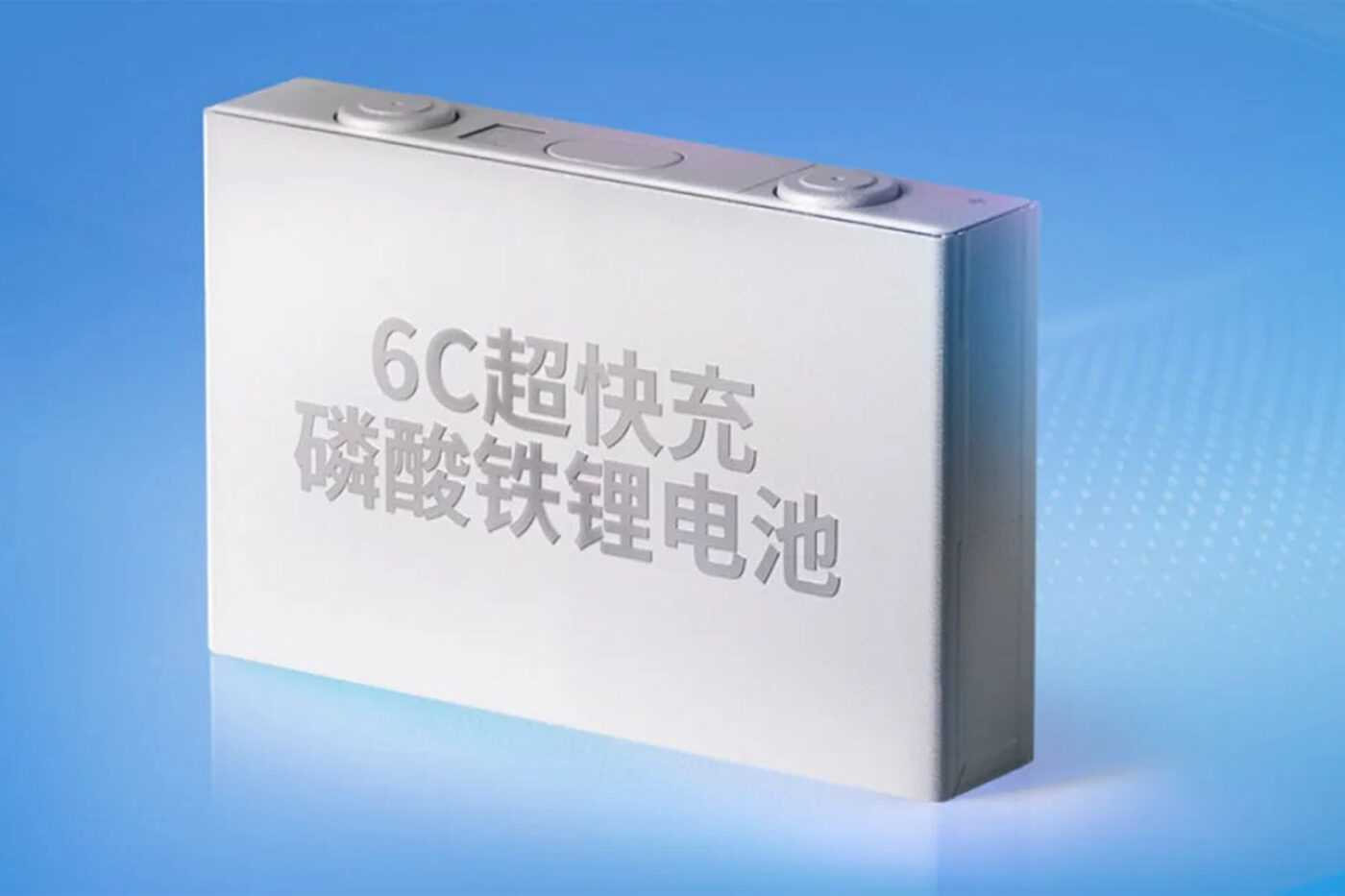China Tightens Grip on Battery Tech: Export Controls on Key Cathode Materials Spark Global Concerns

Beijing has implemented new export controls on technology related to the preparation of battery cathode materials, a move that is sending ripples through the global battery supply chain. The announcement, made recently, adds crucial processes for manufacturing lithium iron phosphate (LFP) and other cathode materials to China's list of restricted exports.
Why is this significant? Cathode materials are a critical component in lithium-ion batteries, which power everything from electric vehicles (EVs) to smartphones and energy storage systems. China currently dominates the global supply of LFP, a particularly popular cathode material due to its cost-effectiveness and safety profile, used extensively in EVs and energy storage solutions.
The specifics of the control measures remain somewhat vague, but the restrictions are expected to require licenses for companies seeking to export the relevant technology. This will likely impact firms looking to build battery production facilities outside of China, particularly those relying on Chinese expertise or equipment for cathode material processing.
What prompted this move? While Chinese officials have stated the controls are aligned with international practices and aimed at protecting national security, analysts believe the move is a strategic response to increasing geopolitical tensions and a desire to maintain its dominance in the burgeoning EV and battery sector. The US Inflation Reduction Act, which provides subsidies to EV manufacturers that use domestically sourced or free-trade agreement-compliant battery materials, is widely seen as a contributing factor. China is clearly aiming to safeguard its technological advantage and potentially leverage its position in trade negotiations.
Impact on the Global Battery Market: The export controls are likely to have several consequences:
- Increased Scrutiny of Supply Chains: Companies will need to carefully review their supply chains and explore alternative sourcing options for cathode materials and related technology.
- Acceleration of Localization Efforts: There will likely be a push to develop domestic cathode material production capabilities in other regions, such as Europe and North America.
- Potential Price Volatility: Disruptions to the supply chain could lead to price fluctuations for battery materials.
- Geopolitical Implications: The move highlights the growing importance of battery technology in the global power landscape and could further exacerbate trade tensions.
Looking Ahead: The long-term impact of these export controls remains to be seen. However, it's clear that China's actions will reshape the global battery landscape, prompting companies and governments to reassess their strategies and accelerate efforts to build more resilient and diversified supply chains. The situation warrants close monitoring as it unfolds, with potential ramifications for the EV industry and the broader energy transition.





